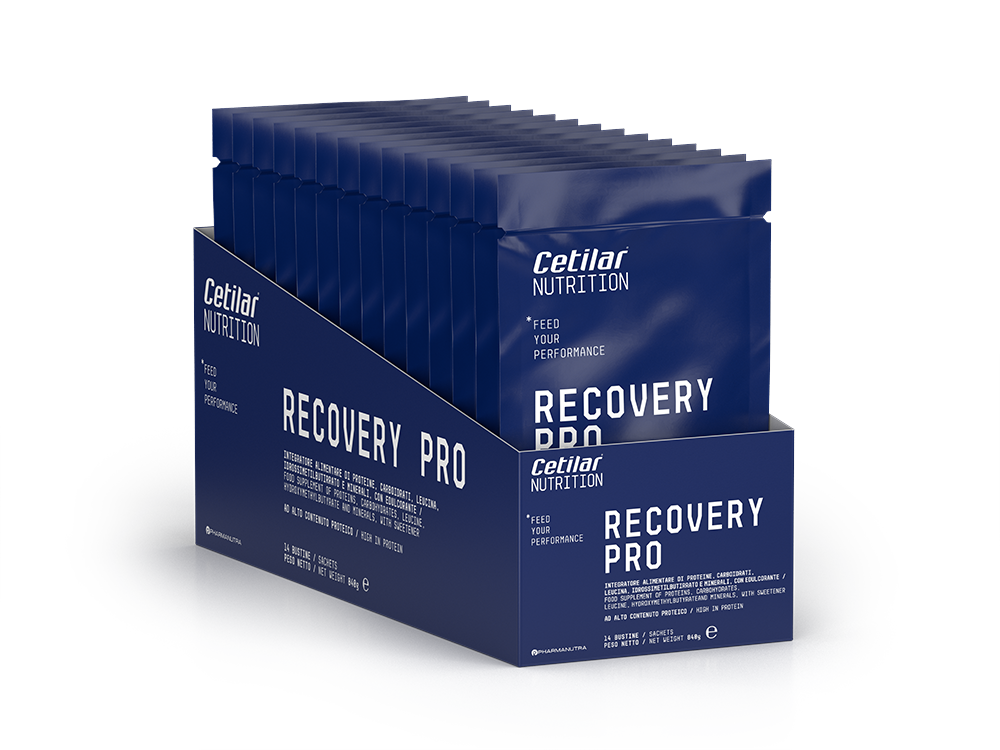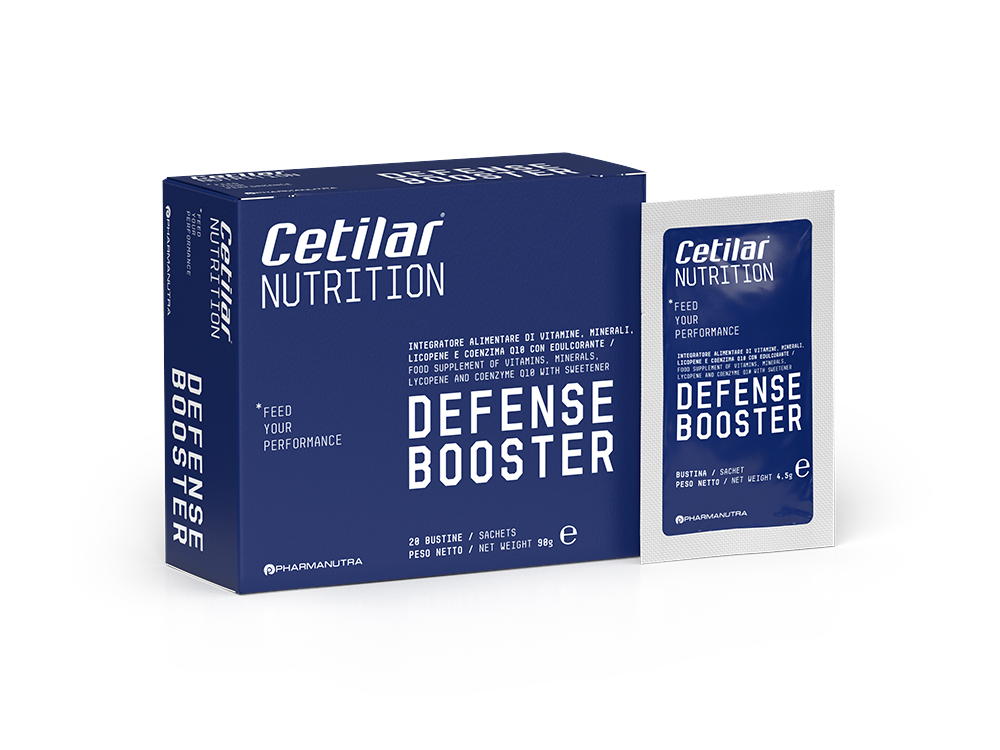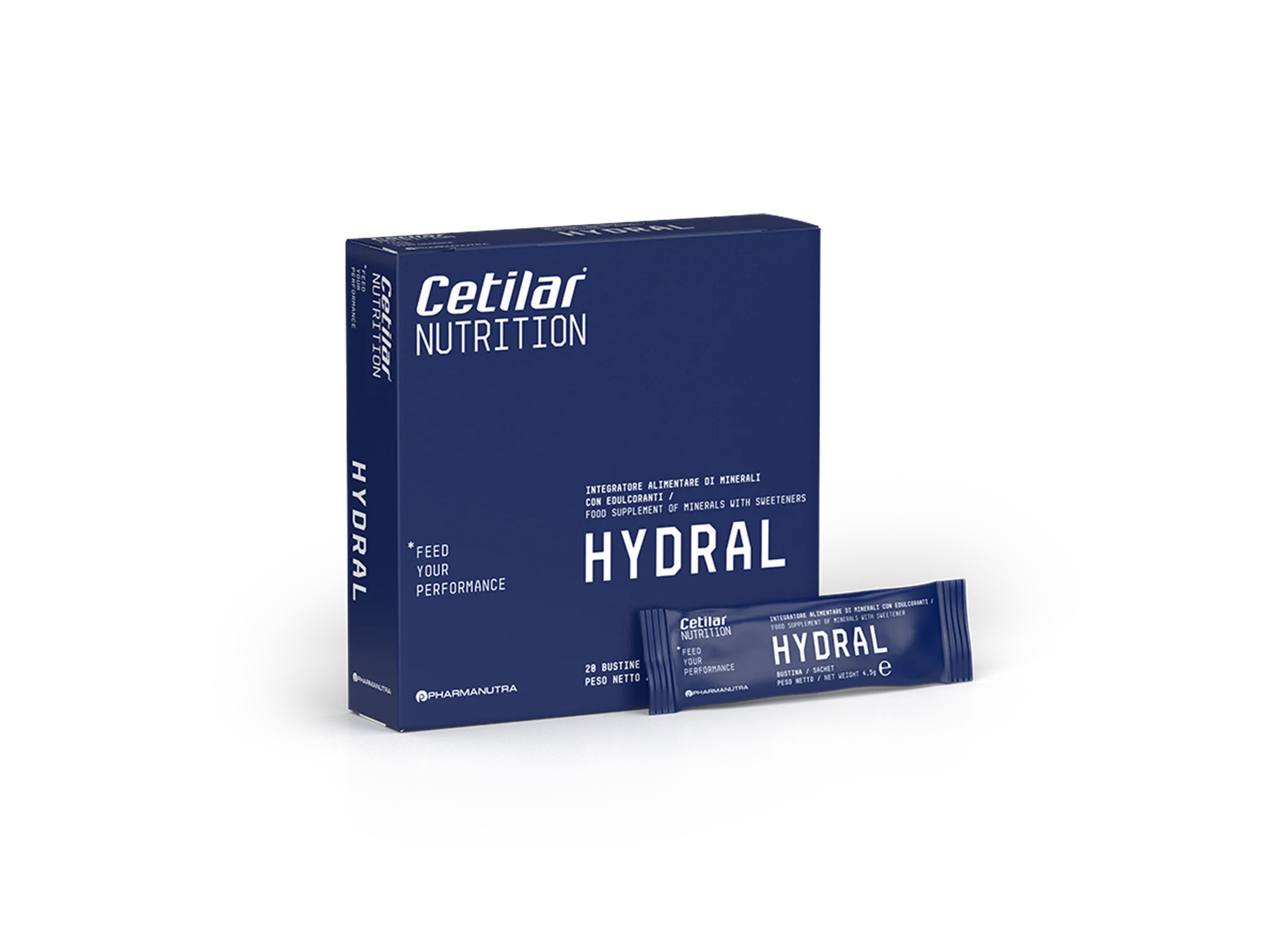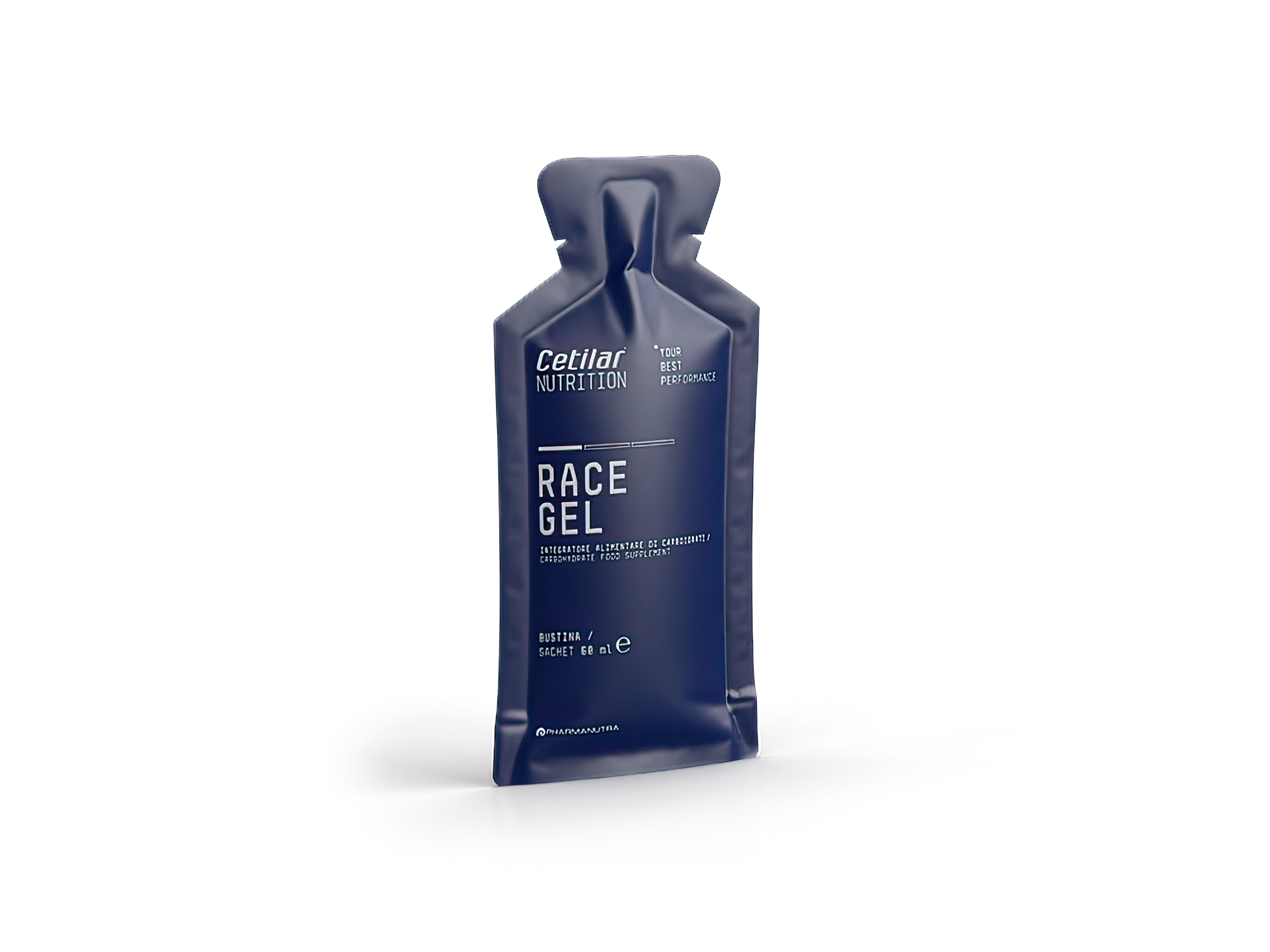The benefits of Omega 3 for sporting performance
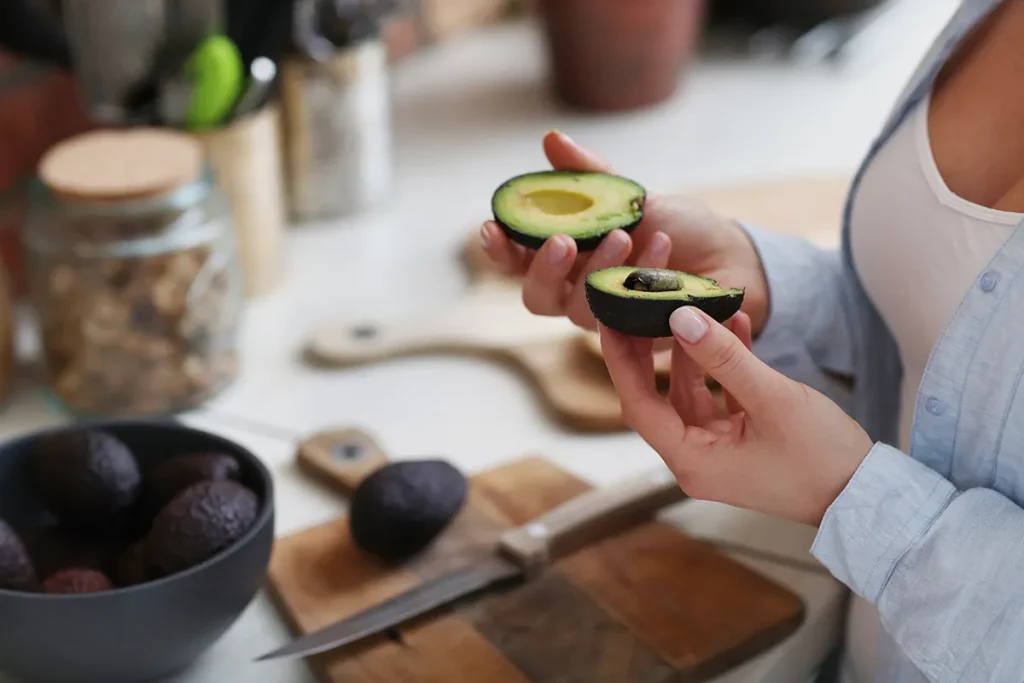
Omega 3 is indispensable for the sports nutrition of any athlete: in addition to being an integral part of cell membrane, it reduces triglycerides in the blood and improves the immune defences. And above all, Omega 3 is a close ally in a sports diet as it is one of the anti-inflammatory foods that can play an indispensable role in the recovery phase, as they help to recover sooner and better, also preventing injuries and muscle pain. In other words, Omega 3 is an anti-inflammatory food that improves the health of our muscle mass and improves our energy availability. This is why the correct intake of Omega 3 in a sports diet not only guarantees well-being but is also the best strategy for improving performance.
What is Omega 3 and where do we find it
Omega 3 is a family of polyunsaturated fatty acids derived from linoleic acid (LA), a basic and essential component because it cannot be synthesised by the body, but only taken in with the diet. The main sources of Omega 3 to include in a sports diet are oily fish (salmon, mackerel, sea bass, anchovies and trout) which contain EPA (eicosapentaenoic acid) and DHA (docosahexaenoic acid) which can be immediately used by our body. Any healthy and balanced sports nutrition must also include plant-based sources of Omega 3 (walnuts, linseed, seed oil and soya beans), in this case derived from α-linolenic acid (ALA).
Omega 3 for the health and well-being of an athlete: an ally for immunological function
Omega 3 should never be missing from a correct sports diet: not only because it is an anti-inflammatory food but also because, as a component of cell membrane, it helps to exchange substances supporting the metabolic function of our body. Furthermore, Omega 3 plays a role as a precursor of eicosanoids (a family of chemical mediators), and also controls the inflammation mechanism, supporting our body’s immune function. Doing sports in fact reduces the immune system efficiency, with what is known as the “open window” effect, when athletes are at most risk of infections, especially of the respiratory system. This is because during physical activity, inflammatory cytokines are produced, but these can be reduced by taking Omega 3 after physical activity.
The antioxidant function of Omega 3 in the sporting diet
As explained, Omega 3 is fundamental in a sports diet, not only for guaranteeing high sporting performance but also to guarantee the athlete’s health and well-being. Prolonged and intense physical activity causes stress to the body, which starts to produce free radicals, unstable molecules that oxidise other molecules: this leads to the production of what is known as oxidative stress, which may cause the athlete disturbances, including reduced strength and fatigue. The regular intake of Omega 3 in a balanced sports nutrition helps to reduce oxidative stress, thus improving muscle performance.
The foods rich in Omega 3 that must be included in sports nutrition
As we have seen, the right amount of Omega 3 in a sports diet not only guarantees health and well-being but also improves an athlete’s sporting performance. Here are some foods rich in Omega 3 that must be included in our diet:
- Salmon, tuna, mackerel, sardines, herrings and cod: oily fish is rich in Omega 3. But beware: fresh, wild oily fish that lives free in the cold seas and feeds itself naturally is better. And we shouldn’t forget molluscs and crustaceans, which are also rich in Omega 3.
- Eggs are not only a rich source of protein, they are also rich in Omega 3. You should eat eggs at least a couple of times a week: so much the better if they are free-range.
- Nuts, especially hazelnuts and walnuts, are also foods rich in Omega 3. Pistachios, almonds, peanuts and cashews are also recommended.
- Avocado is the fruit that contains most Omega 3 but also strawberries, blackcurrants, raspberries, mango, kiwi, banana and papaya are excellent sources of Omega 3.
Body Protection with Defense Booster
Defense Booster is the Cetilar® Nutrition supplement designed to protect the body of all athletes, with a complete formulation of vitamins, minerals, and essential nutrients. Defense Booster contains:
- Iron, which contributes, among other functions, to the normal formation of red blood cells and hemoglobin.
- Zinc, which helps protect cells from oxidative stress.
- Selenium, which supports normal immune system function.
- Magnesium, which aids in normal muscle function.
- Chromium, which assists in the normal metabolism of macronutrients.
- Iodine, which contributes to normal energy metabolism.
- Vitamin D, which helps maintain normal bones.
- Vitamin C, which, after intense physical activity, helps reduce tiredness and fatigue.
- Vitamin E, which protects cells from oxidative stress.
